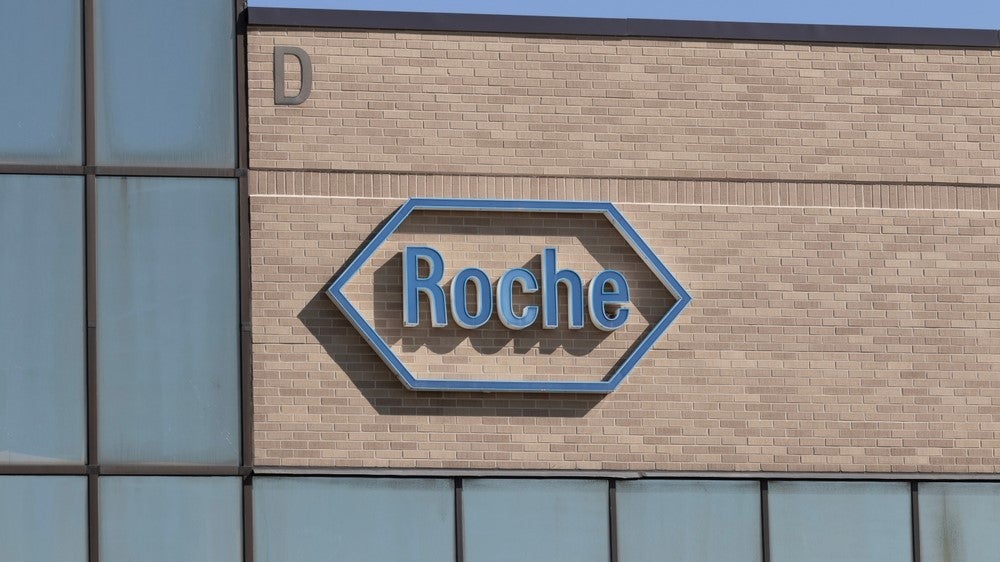
Roche’s Phase III trial for Ocrevus (ocrelizumab) as a subcutaneous injection met its primary and secondary endpoints in patients with primary progressive and relapsing forms of multiple sclerosis (MS).
Ocrevus as an intravenous (IV) infusion administration was approved by the US Food and Drug Administration (FDA) and European Union for primary progressive and relapsing-remitting MS in 2017 and 2018, respectively.
The subcutaneous administration was designed using Halozyme’s Enhanze drug delivery technology, to overcome the limitations of IV treatment requiring specialised infrastructure. Thereby expanding Ocrevus usage to include MS centres without IV infrastructure or those with IV capacity limits.
Enhanze uses human hyaluronidase PH20 (rHuPH20) enzyme to increase tissue permeability to allow for subcutaneous drug delivery. Roche’s use of Enhanze technology is part of their 2018 licensing agreement with Halozyme.
Based in Switzerland, Roche is planning to submit the Phase III study results to multiple regulatory bodies to authorise Ocrevus’ subcutaneous administration.
Roche global product development head Levi Garraway said: “These results give people living with MS the possibility to receive the transformational benefits of Ocrevus in the way best suited to their lives while freeing up time and healthcare resources.
“This new subcutaneous injection will allow OCREVUS to be administered in ten minutes twice a year, helping people living with MS to spend less time in treatment for this disease.’’
The open-label, randomised Phase III Ocarina II (NCT05232825) compares the safety and efficacy of Ocrevus as a subcutaneous administration versus IV administration in patients with either primary progressive or relapsing MS.
The Ocrevus ten-minute subcutaneous injection was shown to be non-inferior to IV administration over a 12-week period.
Subcutaneous Ocrevus was also comparable to IV in controlling magnetic resonance imaging (MRI) lesion activity and the safety profile. Detailed results from the Phase III trial are expected at future medical meetings.
Ocrevus was Roche’s blockbuster drug, generating more than $1bn in sales one year following its launch. An alternate mode of administration can boost its sales further, with GlobalData predicting Ocrevus to remain the top-selling MS drug, generating $6.3bn in global sales in 2030.
GlobalData is the parent company of Pharmaceutical Technology.
